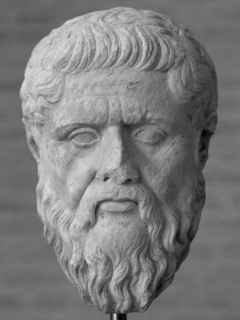
Publication details
Publisher: Springer
Place: Berlin
Year: 1994
Pages: 273-289
Series: The Western Ontario Series in Philosophy of Science
ISBN (Hardback): 9789401043595
Full citation:
, "Induction as unification", in: Kant and contemporary epistemology, Berlin, Springer, 1994


Induction as unification
Kant, Whewell, and recent developments
pp. 273-289
in: Paolo Parrini (ed), Kant and contemporary epistemology, Berlin, Springer, 1994Abstract
Recent studies of Kant's views on science by Friedman (1986, 1992), Kitcher (1983, 1986), Brittan (1978, 1986), Harper (1989), Morrison (1989), and Butts (1979, 1986a&c, 1990) - all of us heavily dependent upon Buchdahl (1969), have revealed that Kant introduces a new form of the old rationalist theme: to build a science is to build asystem)In one respect Kant simply imitates the Leibnizian background (reinforced by rationalists since the time of Plato): in the absence of an understanding of the whole, one cannot hope to understand the parts. However, unlike Leibniz, Kant's philosophy failed to give him the metaphysical assurance that such a feat of mental gymnastics can actually be carried out. Instead, Kant derived his thoughts about systematization from the study of the best science of his day — the Newtonian synthesis — thoughts that led him to replace alleged metaphysical knowledge with certain postulates of rational methodology.
Cited authors
Publication details
Publisher: Springer
Place: Berlin
Year: 1994
Pages: 273-289
Series: The Western Ontario Series in Philosophy of Science
ISBN (Hardback): 9789401043595
Full citation:
, "Induction as unification", in: Kant and contemporary epistemology, Berlin, Springer, 1994



